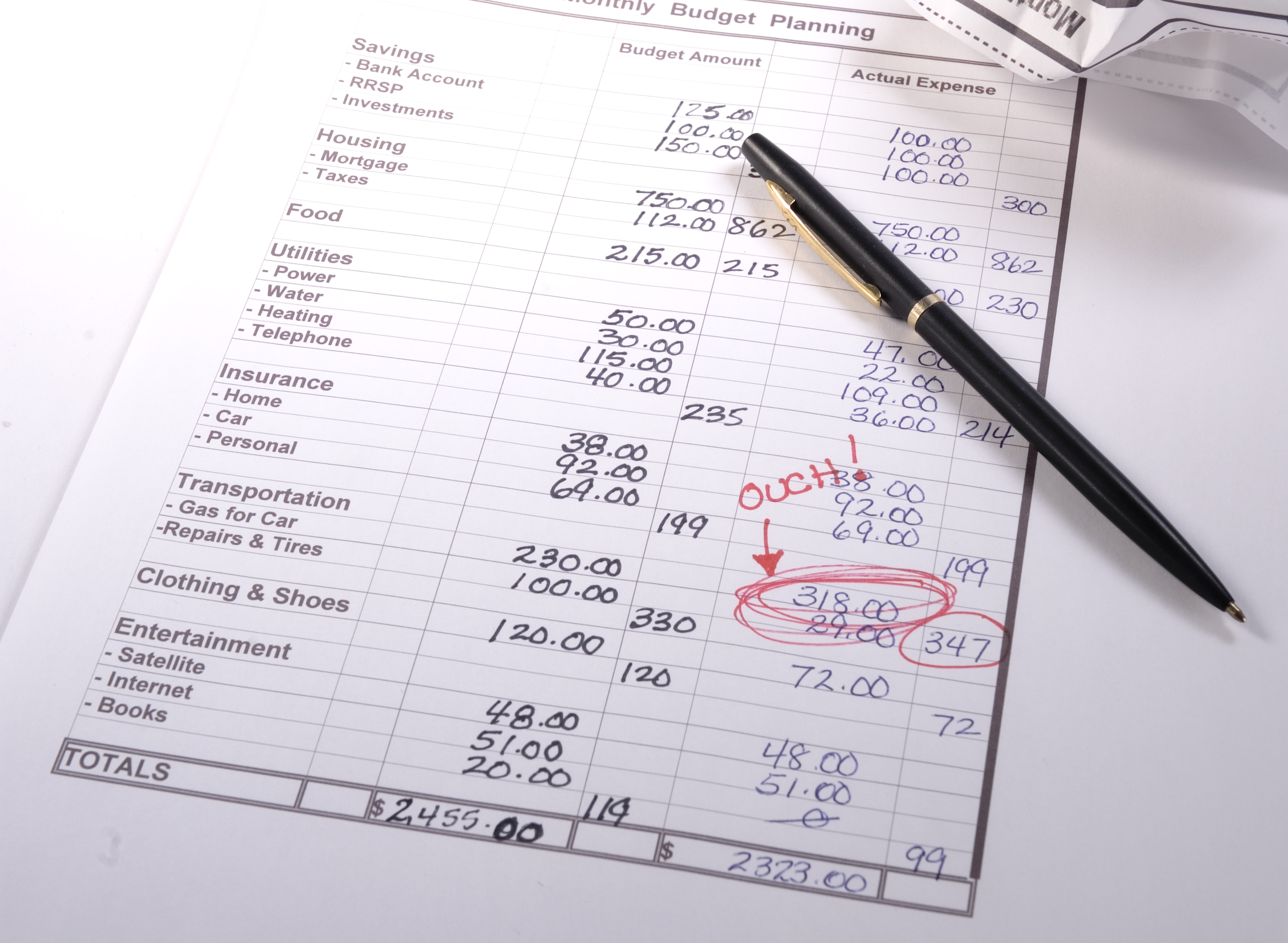Ever wonder where your money is going? Do you reach the end of the month only to scratch your head when looking at your bank account? You are not alone. With some planning and new habits, you’ll know exactly where your money is going. Once you understand how you are spending your money, you’ll be able to start “trimming the fat.” You’ll also experience less stress at the end of the month and develop a coherent saving and investment strategy.
-
Follow the Money…Your Money That Is
Stop wondering where your money is going and start keeping track of your spending. Step one is to write down and review all of your monthly expenses including any retirement savings or deposits to other accounts. In your budget, you will want to record any inflow (after-tax income, pensions, etc.) as well as any outflow (expenses and savings). You should go through this process every month, so you understand what is happening with your money.
Visit https://www.consumer.ftc.gov/articles/pdf-1020-make-budget-worksheet.pdf for a worksheet that you can use to create your monthly budget. Also be sure to check out http://www.vertex42.com for free budget spreadsheet documents.
Very user-friendly technology is now available to automate the process of creating your budget. Mint.com and Quicken® are both tools that I recommend highly.
-
Surplus Versus Deficit
You may already know if you are running a surplus or a deficit even without sitting down to create a budget. A deficit is a pretty stressful thing, as it means that you have less money to cover all your expenses. A deficit may also mean that your debts are not resolving. By contrast, a surplus means that you have extra funds left over after you have paid all of your bills at the end of the month.
Achieving a surplus should be your objective, as it will allow you to reach a range of financial goals, such as increasing your savings levels, saving for college, and paying down credit card debt. If you have a deficit, then you have no choice but to look carefully at your spending and find a way to reduce that spending. Look for unnecessary expenses and think about ways to reduce the bills that you do have. For example, is there a way a to cut your entertainment budget or what you spend on insurance? By assembling the numbers, you have what you need to begin making tangible budget progress.
With your budget, you can sit down and evaluate each item line by line. In this way, you can find expenses that can be eliminated or reduced. Eliminating or reducing your expenses may mean thinking out of the box. However, with some patience and creativity, you will find ways of saving money. Everything from eliminating cable television and adding a roommate to transferring balances to lower interest credit cards are all possibilities worth exploring. I have successfully reduced my cable bill by at least 15% just through a phone call. The last time I called my cable company, they not only reduced my bill but also added a faster Internet service.
-
Expenses and Your Emergency Fund
By having a complete understanding of your budget, you know what expenses are essential and which expenses are discretionary. When you understand the types of expenses you have, you’ll gain more financial knowledge and be able to make better financial decisions.
Carefully outline your essential expenses, and be sure to include items such as rent/mortgage, health insurance, food, utilities and more. When you gain an understanding of the non-negotiable things you pay for each month, you can develop one of the most important financial goals – an emergency fund. An emergency fund is an account that is used to set aside funds to be utilized in an emergency, such as the loss of a job, an illness or a major expense. Using your budget surplus, it is possible to create a savings strategy to build this fund.
Your emergency fund should be large enough that it covers at least 3 to 6 months of essential living expenses. Be sure to include your annual health insurance deductible and maybe the out-of-pocket maximum for your health insurance.
Having a budget is one of the smartest life decisions that anyone can make. When it comes to financial tools, there is no replacement for having a budget it helps you understand why and how you are using your money. If you want to make big financial changes, maintaining a budget is simply a must.


